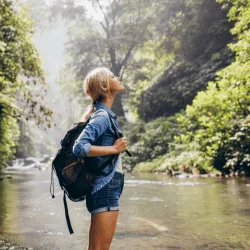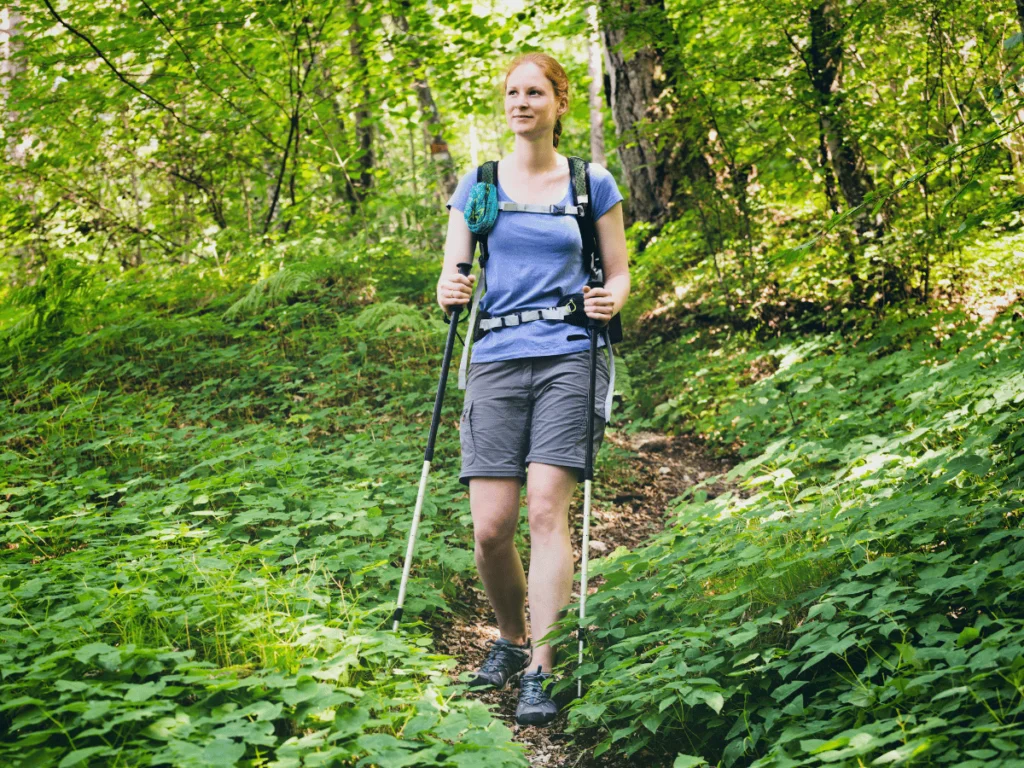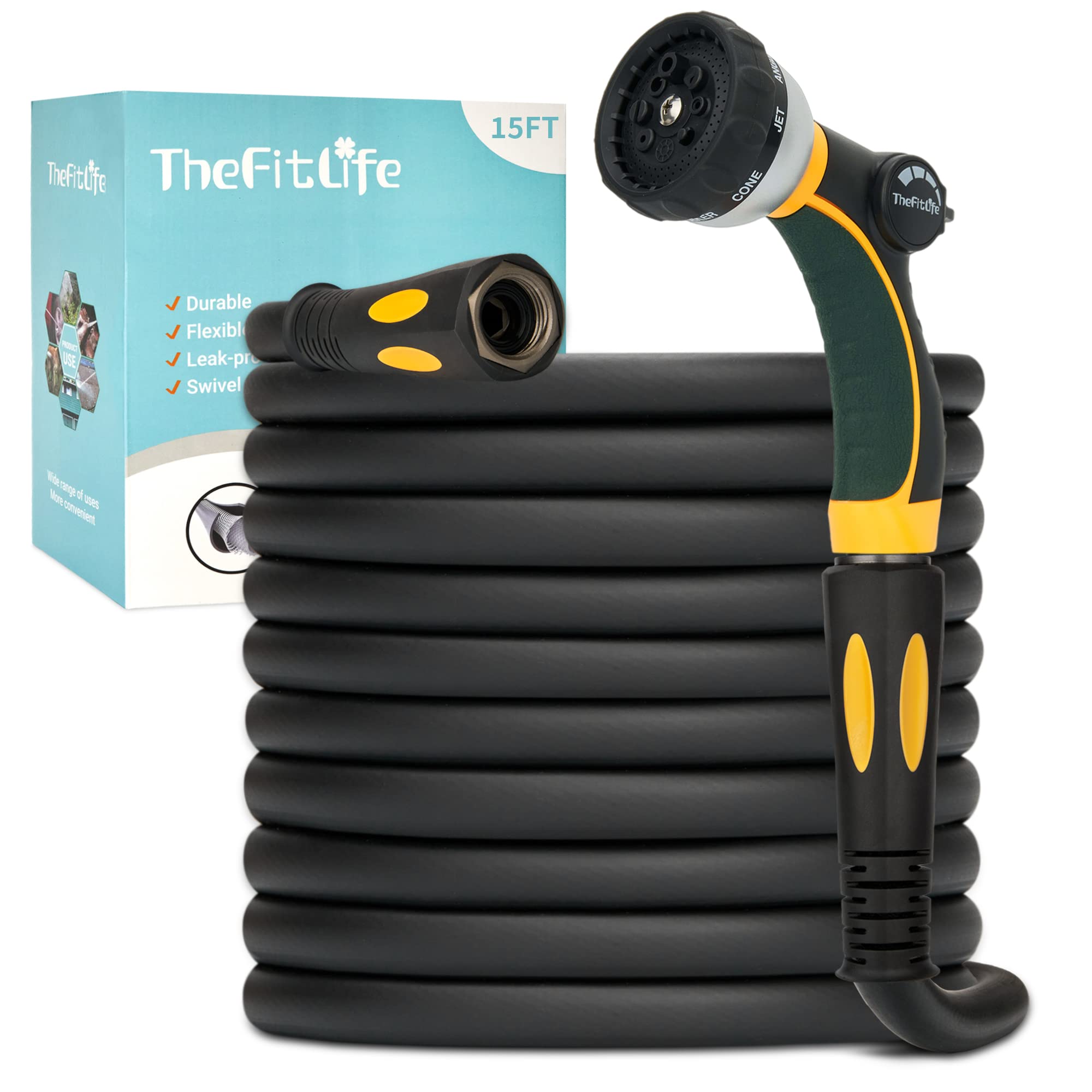Outdoor Play Your Way! Outdoor Activities for Everyone!
“Outdoor Play Your Way!” is not just a motto; it’s an outdoor activities lifestyle we champion at OutdoorGoodness.com.
We cater to the seasoned explorers, the adventure-loving families, and the beginners keen to explore the endless possibilities of outdoor activities.
With us, you’re not just embracing a hobby; you’re unlocking a new realm of outdoor activities that encourage personal growth, a deeper connection with nature, and unforgettable memories.

Welcome to OutdoorGoodness.com
Outdoor activities enthusiasts, welcome to your ultimate guide at OutdoorGoodness.com!
Our articles are meticulously designed for individuals who find their passion in embracing the vast array of outdoor activities.
Whether you’re an adrenaline junkie craving your next adventure, a peace-seeker in pursuit of nature’s tranquility, or a curious soul stepping into the outdoor activities for the first time, our content is your compass.
Our platform caters to explorers from all walks of life, united by a common love for outdoor activities, exploration and adventure. If you’re ready to transform the way you engage with the natural world and seek outdoor activities that resonate with your spirit, you’ve found your community.
Let’s venture into the unknown, celebrate nature, and indulge in outdoor goodness together – one article at a time. Outdoor Play Your Way!

Subscribe to OutdoorGoodness!
We Can Help You Find The Perfect Outdoor Activity!
If you want to know more about the great outdoors, then subscribe to OutdoorGoodness and love Outdoor Play Your Way!
Why Outdoor Activities Matter
Discover the transformative power of outdoor activities on both physical health and mental well-being. Learn how fresh air, nature, and physical movements act as a perfect recipe for stress relief, improved health, and overall happiness.
We delve into scientific insights and real-life experiences that underscore the importance of getting outside.

Comprehensive Guides to Various Outdoor Activities
From serene outdoor activities like bird watching and hiking to fun adventures such as fishing and bicycling, our comprehensive guides cover an extensive range of outdoor activity pursuits.
Each guide is designed to equip you with the outdoor activities knowledge, tips, and safety information you need to confidently embark on your next adventure.
101 Fun Adult Outdoor Activities: You Want Fun Right?
Introduction to Adult Outdoor Activities Fun adult outdoor activities are all about planning and executing recreation cool things in the…
Outdoor Games: Fun, Fitness, and Unforgettable Memories
“Outdoor Play Your Way!” extends beyond exploration and adventure; it’s also about the joy and camaraderie found in outdoor games. At OutdoorGoodness.com, we’re dedicated to showcasing a variety of games that you can enjoy in the great outdoors.
Whether it’s a family-friendly game of frisbee, a competitive match of beach volleyball, or a heart-pounding game of capture the flag, we provide you with all the information you need to choose, learn, and master these games.
Perfect for group activities, team building, or just some fun in the sun, outdoor games bring people together and create lasting memories. Dive into our extensive collection of outdoor games, and start planning your next fun-filled outdoor gaming session today!
Fall Games for Adults: The Fun Guide to 21+ Fun Activities
Ready to level up your autumn experience? Get ready to dive into a world of thrilling and entertaining Fall Games…
Tips for Beginners: Starting Your Outdoor Activities
Feeling overwhelmed about beginning new outdoor activities?
Worry not! Our beginner-friendly resources provide step-by-step guidance on how to start various outdoor activities, what to expect, and how to stay safe while having fun. It’s never too late to start exploring!
Ice Skating is Cool! We Got the Scoop If You’re a Beginner
Welcome to our article on the exciting and transformative world of recreation ice skating! Whether you’re a complete beginner or a seasoned skater,…
Gear Up: Essential Outdoor Products and Accessories
The right gear can make a significant difference in your outdoor experience. From essential clothing to the must-have accessories for different activities, we provide detailed reviews and recommendations on gear that combines quality, safety, and value for money.
Best Hoses for Gardening: Top Picks for 2023
Best Hoses for Gardening As gardening enthusiasts, we know that having the right tools can make all the difference in…
Explore Breathtaking Outdoor Locations
Uncover some of the world’s most stunning destinations for outdoor activities. We highlight off-the-beaten-path locations, famous and not so famous National Parks, and hidden gems that offer unique and unforgettable outdoor experiences.
Start creating your outdoor activities bucket list with our curated selection of must-visit spots.
Top 10 National Parks: Unforgettable Adventures & More
Introduction to U.S. National Parks America has a plethora of national parks, each with its own charm. There’s something for…
Join Our Community of Outdoor Enthusiasts
Become a part of a thriving community that shares your passion for the outdoors.
Subscribe to our newsletter for the latest articles, connect with like-minded individuals, share your experiences, and be inspired by stories from our members around the globe.

Subscribe to OutdoorGoodness!
We Can Help You Find The Perfect Outdoor Activity!
If you want to know more about the great outdoors, then subscribe to OutdoorGoodness and love Outdoor Play Your Way!
Conclusion to Outdoor Fun On OutdoorGoodness.com
At OutdoorGoodness.com, we believe that life is best lived outside with various outdoor fun activities.
Our extensive resources, expert advice, and vibrant community are here to guide you through every step of your outdoor journey. Embrace the world of outdoor entertainment and start creating unforgettable memories today. Outdoor Play Your Way!






